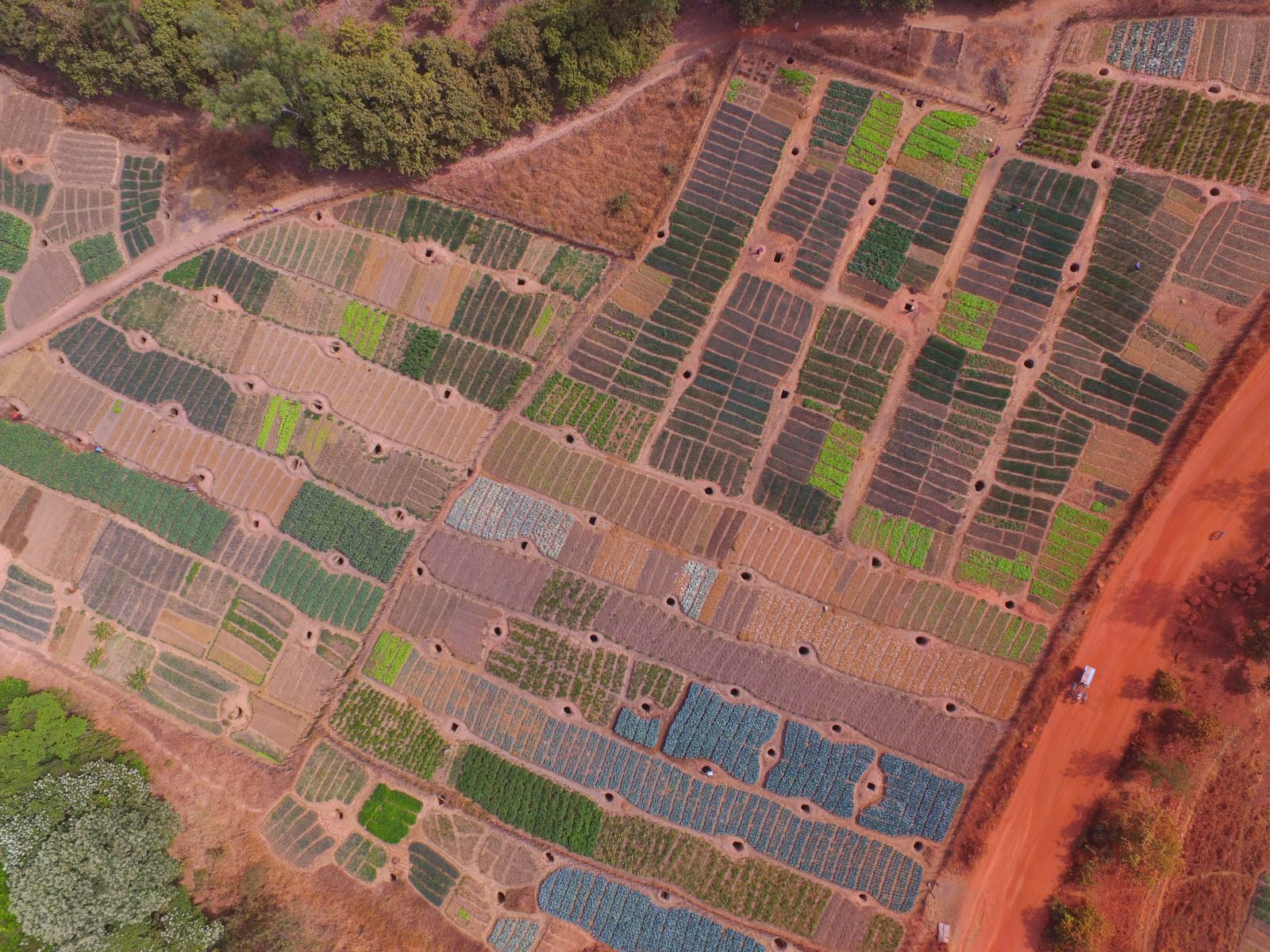Our view
Risks and opportunities of digitalisation

Interestingly, developing and emerging countries are ahead in some technical innovations. One reason is that analogue processes are often so established in rich industrialised countries that the necessary transformation steps are slow. Examples are payment by mobile phone and using digital processes in administrations, called e-government. While in Germany people still mainly pay in cash or by direct debit from their bank accounts, in Kenya the mobile payment system M-Pesa has been established since 2007. The situation is similar in countries like China or India, where payment by mobile phone is growing rapidly.
Digitised processes have many advantages for both service providers and customers. They are often a convenient, fast and cheap alternative to analogue techniques and they enable easy access to many services that were previously inaccessible. However, there are also many dangers and uncertainties, as very few people know exactly what digital transformation means and which areas of life will be affected. Even experts cannot predict the development with precision.
Disadvantages include:
- danger of repression through state digital surveillance,
- loss of privacy through digital collection of all personal data and digital activities,
- loss of jobs through automation processes,
- dependence on technologies that may be vulnerable to disruption, misuse or criminal attack and
- being cut off from people who lack technical equipment and knowledge.
Many experts warn of these dangers and call on policymakers and society to be vigilant. The German Advisory Council on Global Change (WBGU), an expert panel appointed by Germany’s Federal Government, also focuses on digitalisation. It warns that digitally driven growth involves excessive consumption of resources, thereby accelerating environmental damage and global warming. The Council says that digital transformation should occur in alignment with preserving natural resources.
It is therefore essential that each individual is made aware of the risks of digitalisation. Policymakers must address these risks and safeguard citizens from them. Digitalisation should benefit everyone, not only those who promote it. This means that digital transformation must take place according to certain rules.
This requirement applies equally to rich and poor countries, although rich countries have an obligation to support developing countries and emerging markets and provide the necessary know-how. For this effort to succeed, people – whether citizens, policymakers or entrepreneurs – must first understand what digitalisation means and how it can be used. This should be taught to children from primary school onwards.
Sabine Balk is a member of the editorial team of D+C Development and Cooperation / E+Z Entwicklung und Zusammenarbeit.
euz.editor@dandc.eu












